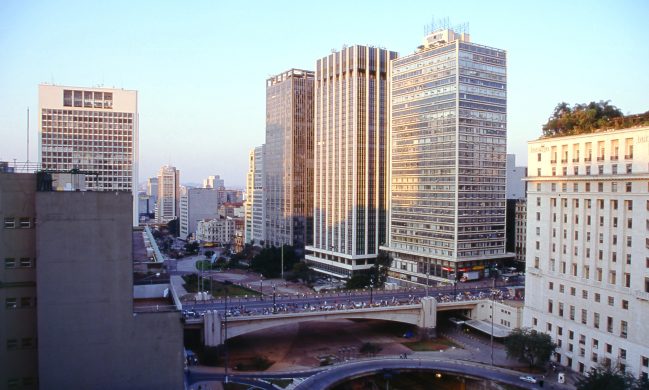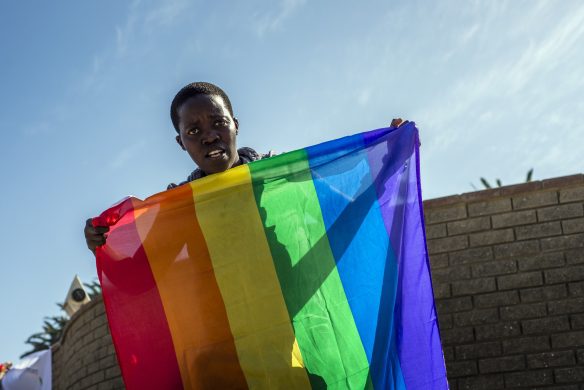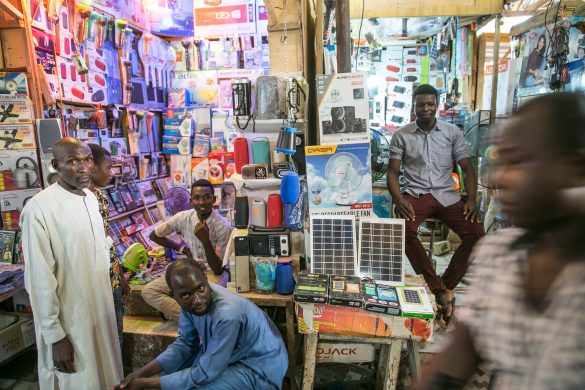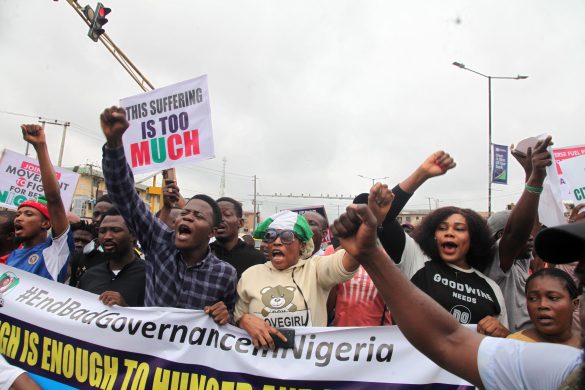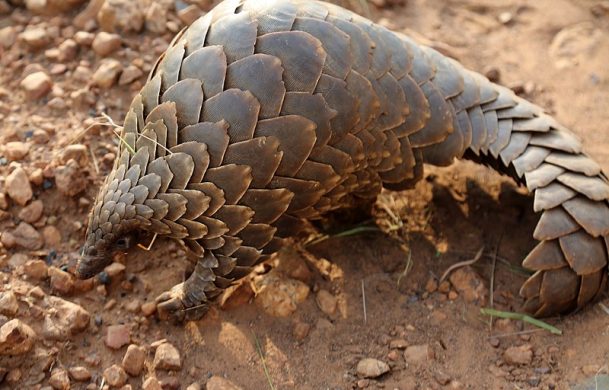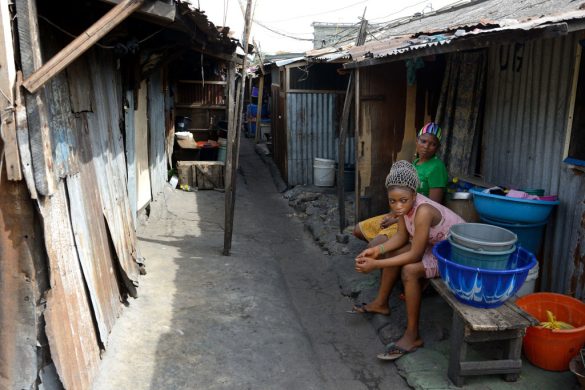GENEVA, 11 August 2016 (WHO): After more than two years without wild poliovirus in Nigeria, the Government reported today that 2 children have been paralyzed by the disease in the northern Borno state.
As an immediate priority, the Government of Nigeria is collaborating with WHO and other partners of the Global Polio Eradication Initiative to respond urgently and prevent more children from being paralyzed.
These steps include conducting large-scale immunization campaigns and strengthening surveillance systems that help catch the virus early. These activities are also being strengthened in neighboring countries.
“We are deeply saddened by the news that 2 Nigerian children have been paralyzed by polio. The Government has made significant strides to stop this paralyzing disease in recent years. The overriding priority now is to rapidly immunize all children around the affected area and ensure that no other children succumb to this terrible disease”, said Dr Matshidiso Moeti, WHO Regional Director for Africa.
Genetic sequencing of the viruses suggests that the new cases are most closely linked to a wild poliovirus strain last detected in Borno in 2011.
Low-level transmission of the poliovirus is not unexpected, particularly in areas where it is difficult to reach children with the vaccine.
Subnational surveillance gaps persist in some areas of Borno, as well as in areas of neighbouring countries.
On the brink of polio eradication
“We are confident that with a swift response and strong collaboration with the Nigerian Government, we can soon rid the country of polio once and for all. This is an important reminder that the world cannot afford to be complacent as we are on the brink of polio eradication – we will only be done when the entire world has been certified polio-free,” said Dr. Michel Zaffran, Director of polio eradication at WHO Headquarters.
As recently as 2012, Nigeria accounted for more than half of all polio cases worldwide, but the country has made significant strides, recently marking 2 years without a case on 24 July 2016.
This progress has been the result of a concerted effort by all levels of government, civil society, religious leaders and tens of thousands of dedicated health workers.
Recent steps including increased community involvement and the establishment of Emergency Operations Centers at the national and state level have been pivotal to Nigeria’s capacity to respond to outbreaks.
The 2 cases in Nigeria particularly highlight the need to prioritize immunization of children in hard-to-reach areas such as the Lake Chad region, which spans several countries and is often affected by conflict and large population movements.
Reaching these children requires vaccinating populations as they move in and out of inaccessible areas and using local-level groups and organizations, such as religious institutions and community based organizations, to negotiate access for vaccination teams.
Globally, the world is very close to reaching the goal of polio eradication. Only 21 wild polio cases have been reported so far in 2016, compared to 34 cases at the same point last year.
Only 2 other countries are reporting polio: Pakistan and Afghanistan. Four out of the 6 WHO Regions of the world have been certified polio-free, and only one of the three types of wild poliovirus is still circulating in the world (type 1).



